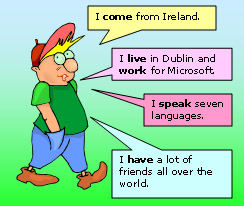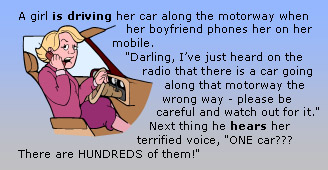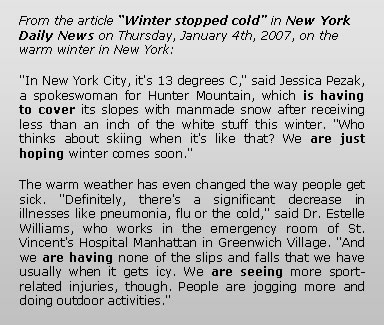| |
1.
PRESENT ACTIVITIES
The present progressive is used to describe
an action which is taking place at the moment
of speaking.
|
2.
CURRENT ACTIVITIES / ROUTINES
The present progressive is also used
to describe repeated temporary actions for a limited
period of time around the time of speaking (these days, this week,
at the moment ...).
|
3. LONG-TERM
CHANGES
In addition, the present progressive
is used to describe
changing or developing states and situations, even
if they are very long-lasting.
|
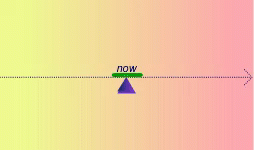
INSTANTANEOUS
|
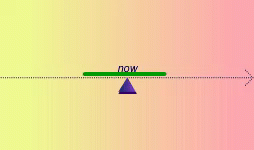
TEMPORARY |
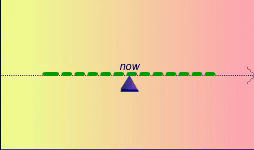
CHANGING |
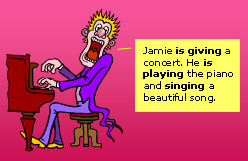
A JOKE
Exceptions
with the present simple!
sports commentary and past narrative
|
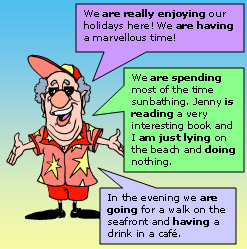 |
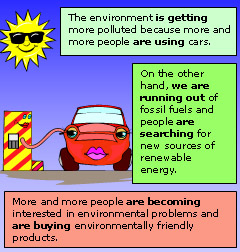 |
Only activity
verbs can
be used in this meaning of the present progressive!
A JOKE
Verbs
of bodily sensation (ache,
feel, hurt, itch, etc.) and
the verb look can
have either simple or progressive form with no difference in
meaning. (examples)
|
In
this meaning of the present progressive state verbs can
be used and obtain an active dimension:
Katie has published a new song and she is hoping that people will
like it.
I am having a lot of headaches at the moment.
Click here for another example
|
Both state verbs and
action verbs can be used in this meaning of the present progressive!
More and more people are understanding the importance of renewable
energy.
She is gradually realizing that she did a wrong thing.
|
HAVE |
|
|
|
1. Activity verbs:
ask, call, drink, eat, help, learn, listen, play, rain, read, speak,
study, work, write, etc.
2. Process verbs:
change, get better/worse, grow, improve, increase, etc.
3. Momentary verbs:
hit, jump, knock, nod, tap, etc.
close
1. Verbs of perceiving:
feel, hear, see, smell, taste, (look, sound)
2. Verbs referring to a state of mind or feeling:
believe, doubt, forget, hope, imagine, know, prefer,
remember, suppose,
understand, want,adore,
desire, detest, dislike, hate,
like, love, wish.
3. Verbs referring to a relationship or a state of being:
be, belong to, consist of, contain, cost, depend on, deserve, equal,
fit, have, involve, matter,
owe, own, possess, remain, require, resemble.
close
